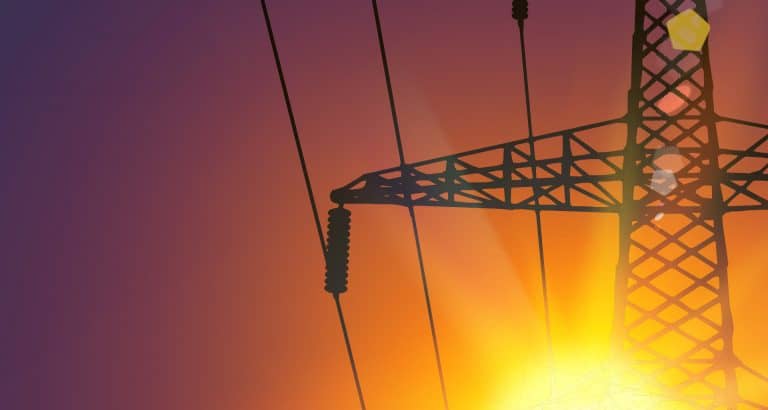In our world, where almost all sectors rely on technology, electricity is the keystone to the smooth running of any business. In Mali, small businesses strive every day to maintain their competitive advantage in the marketplace. However, frequent power outage has become their nightmares.
A killed motivation and destroyed concentration and productivity
That’s what it’s all about in our offices in 21st century Mali: discouraged employees facing blank computer screens, interrupted Internet connections and stifling heat that destroys any semblance of concentration. What should be an 8-hour working day is often cut short, not because of a lack of effort or commitment, but because of unexpected power cuts.
Lack of financial means leads to the loss of customers for those who cannot afford to buy generators
Driven by her entrepreneurial spirit, Oumou co-founded a company to offer innovative IT solutions and high-level training to young Malians. « Every morning, I enter the office with the hope of a fruitful day, with the aim of satisfying our customers and achieving our goals », she says. However, reality often paints a different picture: « Our enthusiasm is regularly halted by power cuts. Entire days go by without a single task being completed, with team members incurring transport costs for nothing. Not even knowing if they will be able to work because of electricity problems. We lose time, suffer delivery delays and our trainees are often left in the dark, deprived of lessons ».
Oumou’s misfortunes are not limited to the financial impact; she is also discouraged by the lost of opportunities. « Investing in alternative solutions, whether solar panels or generators, is prohibitively expensive for a company like ours. Every penny that could be spent on improving our services is currently spent on keeping the lights on ».
A Call for Government Intervention
The present reality for Malian entrepreneurs is challenging, with hurdles often surpassing their financial capacities. Power interruptions are not merely an inconvenience but a significant roadblock to prosperity. While options like generators and solar panels are available, their cost is often daunting for small businesses already grappling with other operational expenses. The role of the Malian government becomes crucial here. Tax reductions or exemptions on equipment like solar panels could provide much-needed relief. Harnessing Mali’s abundant solar potential might not only reduce the reliance on non-renewable energy sources but also ensure a dependable energy supply for these businesses. It’s imperative that sustainable solutions are implemented to pave the way for a brighter and thriving future for Mali ; this is crucial for our development and competitivity in the global market.

